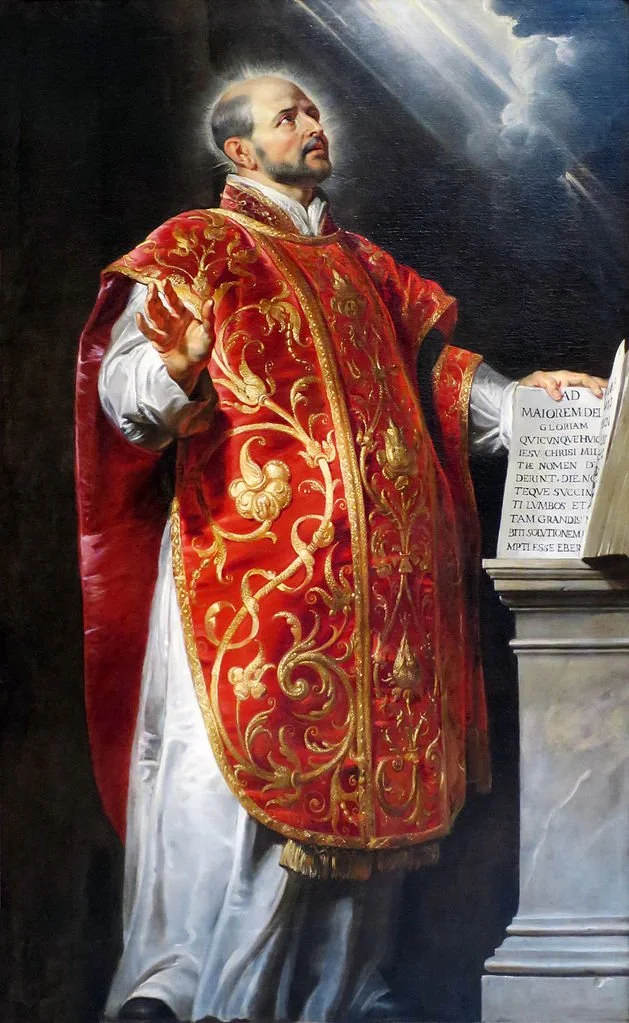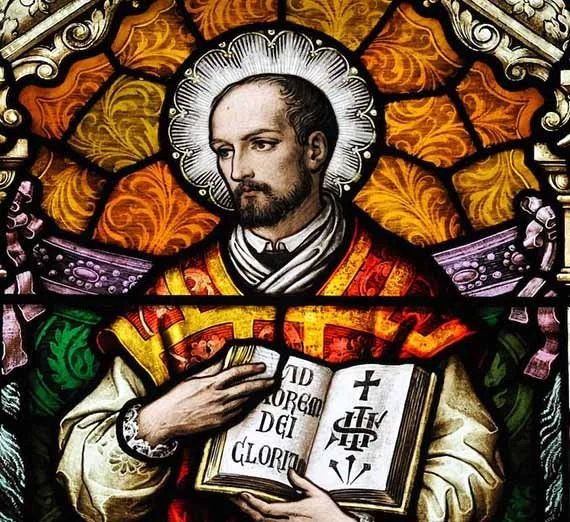
SPIRITUAL DIRECTION
While the phrase “spiritual direction” may sound a bit lofty, it is simply a relationship through which one person assists another in attending to the presence and call of God in all of their life. Though not always called by this name, spiritual direction has been a vital ministry in many streams of the Church for thousands of years. Spiritual direction is for anyone yearning for God. Sometimes this desire appears as a sense of longing for something greater or a sense of discontent with the status quo. For others this pining is more focused, rising from a clear understanding that a sense of God’s presence is missing from particular parts of life. Spiritual direction is for you, if you want to deepen your relationship with God; however spiritual you feel, and whatever your life circumstances. You may have only just realized that ‘something’ is missing, or may have lived with a constant longing for God. You may have been in spiritual environments or have prayed all your life, or this may be a completely new path you want to explore.
The spiritual direction relationship includes a director and directee, with the director often being called a “spiritual director.” While different directors have different approaches to their practice, typically she/he acts as a guide on the side, simply creating the environment for the direction to take place. The director does more listening than talking, asking leading and, sometimes, probing questions as needed and appropriate. Times of silence are welcomed. There is very little actual ‘direction’: it is more like accompaniment. Both directee and director explore together what God might be doing in the areas being discussed.
While the lines may be blurry at times depending on the style of the spiritual director or present circumstances, spiritual direction is different from pastoral counseling or therapy. People usually enter a counseling relationship because something is wrong with life. Counseling tends to be crisis-oriented or problem-driven. It is also about solving particular problems, and it is not confession or religious teaching. The spiritual direction relationship takes the long view. It looks for how God is working, calling, prodding, and inviting us to new ways of being with Jesus in the midst of our circumstances. It focuses on building an intimate relationship with God over a lifetime, through all the problems, crises, joys, and blessings.
Other items for consideration include:
Direction sessions are usually one hour in length, once per month and can be held anywhere conducive to intentional conversation — a quiet office, coffee house, or park bench.
The director may or may not give the directee a spiritual practice to work with between sessions.
It is important in the first sessions together to discuss expectations, and we may recommend alternative external support for some people. All of the conversation between you and your Spiritual Director is held in confidence. You are free to leave the Director at any stage, and to request another allocation if you wish.
Our team of Spiritual Directors is made up of trained and experienced men and women, all of whom are in relationships of accountability and have agreed to a code of conduct.
If you would like to start receiving Spiritual Direction we request that you fill in a brief form (below) so that we can find out a little bit about you before we offer you to see someone; you may also approach an individual from the list. Remember that the Holy Spirit is the real Director!
For more information on Spiritual Direction, contact Fr Jim Mayzik SJ shepherd2@epiphanychurch.nyc
Spiritual direction is a feature of many Christian traditions. In fact, forms of spiritual direction are found in all religions. What distinguishes Ignatian spiritual direction from other approaches? The Irish Jesuit Brian O’Leary lists these elements:
A theological vision rooted in the Spiritual Exercises. The theology of the Spiritual Exercises is optimistic. It affirms the goodness of the world. But it also is acutely aware of the pervasive problem of evil. At the same time it is contemplative and service-oriented.
Flexible. The Ignatian spiritual director does not impose a program on the directee. The manner of the direction is adjusted to fit the person’s personality, life history, and spiritual experience. The director “cannot know beforehand what he or she will suggest.”
A partnership. Ignatian spiritual direction is a partnership. It thus demands mutual respect and openness to the other’s frame of reference. It follows Ignatius Loyola’s admonition, “Let it be presupposed that every good Christian is to be more ready to save their neighbor’s proposition than to condemn it.”
What do you really want? Ignatian spiritual direction attempts to uncover the deepest desires of the human heart. Typically, these are smothered by superficial desires for transitory things. Our most profound desires are shaped by the Holy Spirit and point toward new choices for spiritual growth and fruitful service.
Rules for discernment. Ignatius Loyola’s rules for discernment of spirits permeate Ignatian spiritual direction. These are methods for identifying inner movements, reflecting on them, and understanding where they come from and where they lead us.
Spiritual Direction is offered on a one-to-one basis to members of our Epiphany parish, and neighbors. Kindly fill out the form below and submit it. We’ll be happy to get back to you!
What Is Distinctive about Ignatian Spiritual Direction?



